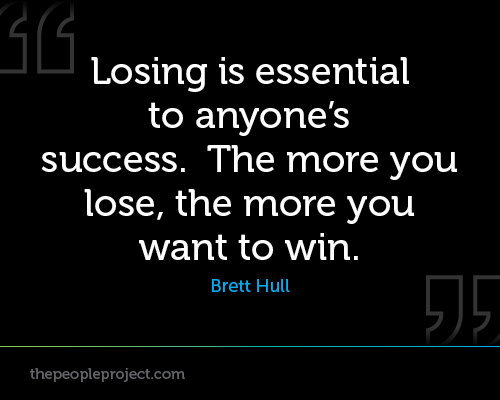"It is not that you overuse the intellect as a culture, but that you rely upon it to the exclusion of all other faculties in your approach to life."
Session Two, Page 13
"Now when you understand that intellectually, then the intellect can take it for granted that its own information is not all the information that you possess."
Session Two, Page 16
"..the intellect can then realize that it does not have to go it all alone: Everything does not have to be reasoned out, even to be understood."
Session Two, Page 16
"The intellect, then, can and does form strong paranoid tendencies when it is put into the position of believing that it must solve all problems alone -- or nearly -- and certainly when it is presented with any picture of worldwide predicaments. The rational approach, built up around this framework, insists that the best way to solve a problem is to concentrate upon it, to project its effects into the future, to ruminate upon its consequences, to stare at the bare facts head on. This brings about an atmosphere in which the problem is compounded."
Session Two, Page 17
"In the position in which your culture places the intellect, it does see itself quite alone, separated both from other portions of the personality, from other creatures, and from nature itself."
Session Three, Page 27
"The idea of heaven, for all of its distortions, has operated as a theoretical framework, assuring the intellect of its survival."
Session Three, Page 29
"In your terms the intellect’s primary function is to make clear deductions and distinctions involving the personality’s relationship with the world."
Session Three, Page 30
"It certainly seems too simple to say what I am going to say, yet it is almost as if you would be better off turning the entire rational approach upside down, taking it for granted that all of its assumptions were false, for they are indeed more false than true."
Session Three, Page 30
"The intellect is, again, the result of highly spontaneous processes of which it itself knows nothing..."
Session Three, Page 31
"You did not realize that you were beings ??presented, not merely with an alternate view of reality, but with the closest approximation you could get of what reality was, and how it worked, and what it meant."
Session Fourt, Page 119
“If you want to feed a dog in the physical world – and he is on the other side of the door – you must open it. In the inner world you or the dog can walk through the door without effort, because desire is action. Desire is action.
“In the inner world, your desires bring about their own fulfillment, effortlessly. That inner world, and the exterior one, intersect and interweave. They only appear separate. In the physical world, time may have to elapse, or whatever. Conditions may have to change, or whatever, but the desire will bring about the proper results. The feeling of effortlessness is what is important.” – The Magical Approach, session four.
"The intellect alone cannot bring about one motion of the body. It must count upon those other properties that it does indeed set into motion -- that spontaneous array of inner complexity, that orderly magic."
Session Five, Page 54
"When the intellect is used properly, it thinks of a goal and automatically sets the body in motion toward it, and automatically arouses the other levels of communication unknown to it, so that all forces work together toward the achievement."
Session Five, Page 54
"When the intellect is improperly used, however it is as if the intellect feels required to somehow know or personally direct all of those inner processes. When the erroneous belief systems and negativity connected with so-called rational reason apply, then it is as if our person sees the target, but instead of directing his attention to it he concentrates upon all of the different ways that his arrow could go wrong: It could fall to the left or the right, too far or not far enough, break in the air, fall from his hand, or in multitudinous other ways betray his intent."
Session Five, Page 54
"In other words, the magical approach and the so-called rational one are to be combined in a certain fashion for best results. People sometimes smite you, telling of their intent to make money - or rather, to have it. They concentrate upon money, so they say, and await for it in full faith that it will be attracted to them because of their belief and concentration. They might do the point of power exercise, for example. They may also, however, have quit their jobs, ignored impulses to find other work, or to take any rational approaches, and rely upon, say, the magical approach alone. This does not work either, of course."
Session Five, Page 55
"You do not need a human intellect to be aware of your own consciousness. Your intellect is a part of you - a vital, functioning portion of your cognitive processes - but it does not contain your identity."
Session Six, Page 61
"Ideally, however, children finally claim their feelings and their thoughts as their own. They identify naturally with both, finding each valid and vital. By the time you are an adult, however, you have been taught to disconnect your identity from your feelings as much as possible, and to think of your personhood in terms of your intellectual orientation."
Session Six, Page 62



 Reply With Quote
Reply With Quote
 -
- 
 (as per tcaudilllg)
(as per tcaudilllg)






